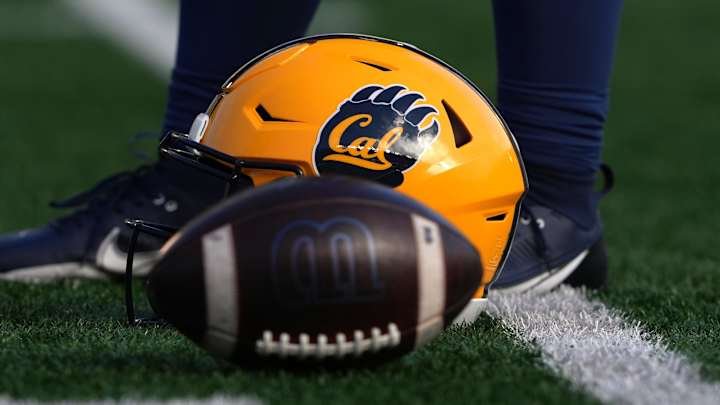In a surprising turn of events, the California Legends Collective has announced it will suspend operations, sending shockwaves through the collegiate sports and NIL (Name, Image, Likeness) communities. Once considered a pioneering force in helping student-athletes monetize their personal brands, the collective cited a mix of financial pressures, operational challenges, and shifting priorities in the college athletics landscape as primary reasons for the decision.
Launched with much enthusiasm, the California Legends Collective aimed to support student-athletes at the University of California, Berkeley, by securing and managing NIL deals. It operated as a vital intermediary between athletes and potential sponsors, helping to ensure that deals complied with NCAA regulations while giving players access to much-needed financial opportunities. At a time when NIL rights had just begun reshaping college athletics, the collective stepped in as a trailblazer.
However, the collective’s journey has not been without hurdles. One of the core issues leading to the suspension of its activities is a lack of consistent financial backing. Unlike powerhouse schools in the Southeastern Conference (SEC) or Big Ten, which benefit from wealthy alumni networks and national media deals, Cal has historically faced budget constraints in its athletic department. This disparity extends to NIL funding, where some schools have been able to raise millions to support athletes, while others—like Cal—struggle to maintain competitive compensation models.
Donor fatigue has also played a role. Initial enthusiasm around NIL support led to some generous donations, but sustaining that financial momentum proved difficult. Many donors expected immediate, visible results in athletic performance or recruiting success, which didn’t always materialize. Over time, the flow of donations slowed, and without reliable income, the collective found it increasingly difficult to operate effectively.
Additionally, evolving NCAA policies and increased scrutiny around NIL practices have made it harder for collectives to function smoothly. Legal ambiguities and regulatory uncertainty created administrative burdens that required time, expertise, and legal counsel—all of which demanded more resources. For smaller or less resourced collectives, staying compliant while also delivering value to athletes became a daunting challenge.
Internally, the California Legends Collective faced strategic and leadership shifts that may have contributed to the suspension. Changes in board members and staff reportedly led to inconsistent planning and execution. Without a clear, unified direction, it became increasingly difficult to fulfill the mission and grow the organization.
While the suspension is not necessarily permanent, it raises broader questions about the sustainability of NIL collectives at institutions without deep pockets or extensive national profiles. It also highlights the growing disparity between college programs that can afford to back their athletes and those that cannot, potentially reshaping the competitive balance in college sports.
As of now, no plans for a relaunch or restructuring have been officially announced. However, supporters hope that a pause will allow for reevaluation and possibly a more sustainable model in the future. In the meantime, Cal athletes and fans alike are left to grapple with the uncertainty surrounding NIL support and what it means for the future of college athletics in Berkeley.

